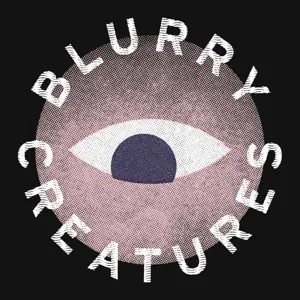CRISPR pioneer Doudna envisions ending asthma, aiding climate

The technology known as CRISPR is considered one of modern biology’s biggest breakthroughs. It allows scientists to edit genes, similar to how you cut and paste text in a word processor. More than a decade after pioneering CRISPR, Nobel laureate Jennifer Doudna of the University of California, Berkeley, is applying it to big problems, like chronic disease and climate change.Marketplace’s Lily Jamali recently met up with Doudna at Berkeley’s Innovative Genomics Institute. It’s a cluster of lab stations, researchers and very loud refrigerators where CRISPR is used to edit microbiomes.






